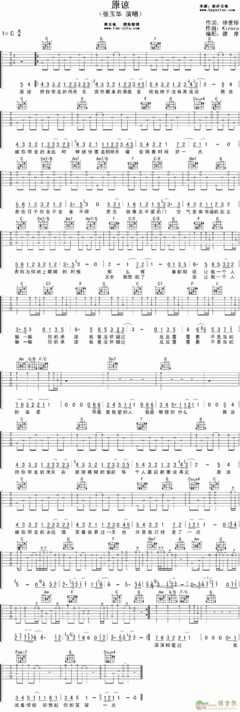早发白帝城(又名下江陵)
唐•李白
朝辞白帝彩云间,千里江陵一日还。
两岸猿声啼不住,轻舟已过万重山。
Set off from White EmperorTown at Morn
---Li Bai
---Translated by 许景城(Peter Cooper Xu)
From White EmperorTown in rosy clouds I leave at morn,
Down for Jiang Ling thousand miles away I reach in a day.
Along the Yangzi River comes the continuous apes'moan;
Unawares, mywherry's flown o'er lofty mountains in briskway.
Notes:
1.White EmperorTown: A town located on the top of Mount White Emperor inChongqing, China.
2.Jiang Ling: A county of Hu BeiProvince.
注:翻译于2010-05-08
附其他译本:
译本A:
Leaving white Emperor City at Dawn
At dawn amid colored clouds I leftWhite Emperor City:
A thousand miles to Chiang Ling I wasthere in a day!
Chattering monkeys on the cliffs, noend to their bawling.
So the light boat slipped past theten thousand mountains.
译本B:
Sailing Down to Chiang Ling
In the morning I leave Po Ti perchedin the clouds.
The thousand Li to Chiang—lingare compressed to a day,
Before the wailing of the apes onboth banks ceases,
The light boat has left behindunending mountains.
译本C:
Early Departure from White King City
At dawn we leave White King, itsclouds all colored,
For passage to Kiang-ling in one suncircuit:
While both banks gibbons cry callsstill unceasing.
Our light boat has gone by many foldmountains.
译本D:
Homeward!
Good bye to the city high in the rosyclouds of dawn.
Homeward, out the gorges, outtoday!
Let the apes wail. Goon.
Out shoots my boat. The serriedmountains are all behind.
译本E:
Going out of White Emperor City
In the morning goingout
of White Emperor City, itWas
as if we wentonclouds;
from there to Kianglingis
one thousand li, but in oneday
the racing watersbrought
me down; from bothbanks
we heard the cry ofmonkeys
as my fragile boatswept
past a maze ofmountains.
译本F:
Leaving the White Emperor Town at Dawn
Leaving at dawn the White Emperorcrowned with cloud.
I’ve sailed a thousand miles throughcanyons in a day.
With monkeys’ sad adieus the riverbanks are loud:
My skiff has left ten thousand mountains faraway.
以上译本A-F选自:谭荣璋.汉诗英译的审美取向---浅议李白《早发白帝城》的六首译诗.广州大学学报(社会科学版).2002:1,10P.P.56-57
 爱华网
爱华网



